Every runner knows that you need the right food to fuel your workout. When you don’t eat well, your energy and endurance levels can run amuck and you have more trouble meeting your athletic goals. There are daily diet fads that seem to pop up, so it can be hard to know exactly what you need to consume to keep in peak performance condition. The following will help you jog your memory on what foods are the best way to keep you from running out of steam during your workout.
It may seem obvious but eat your greens. Mixed greens and stir-fry vegetables offer nutrients which contain antioxidants that help fight a myriad of diseases as well as helping to ease muscle damage from tough workouts. Lots of different types of fruits and vegetables can be beneficial for your workout.
Active.com reports that sweet potatoes help remove free radicals from the body. Plus, it doesn’t hurt that one sweet potato has more than double the daily amount of Vitamin A and a good dose of Vitamin C. If you are looking to boost your potassium and iron this potato will do that as well. This food is a multitasker, as there are traces of manganese and copper which will help promote muscle function. Those that are psyched about that added Vitamin C kick, you are in luck. It will help you post workout since it is key to repairing tissue in the body. According to Runner’s World, a University of North Carolina Greensboro study proved that Vitamin C supplements taken for a two-week period helped alleviate muscle soreness after an arm workout regimen, which is good news if you are slated to arm wrestle Sylvester Stallone.
If you are running on fumes, bananas contain potassium which is essential for those who run long distance or in hot weather. A banana can help to compensate for nutrients lost in sweat and help lower your blood pressure. Plus, it is good to have handy on a run in case you want to do the banana in the tailpipe prank.
Even if you are good about not consuming donuts like Homer Simpson or snacking on cakes and ice cream, you still may be ingesting more sugar than you realize. The Pew Research Center showed that the average American diet contained 80 pounds of added sugar per year. The sweet stuff sneaks into foods you wouldn’t necessarily think of such as bread, salad dressing, ketchup, granola bars, and sports drinks. While eating sugar for a quick burst of energy may help for a moment, in the long run, the impact of sugar consumption is anything but athlete friendly. Sluggishness, weight gain, and other medical issues can stem from this habit.
Checking labels for hidden sugars, glucose or sucrose is a start at cutting back. Healthier substitutes for treats are a good way to satisfy a sweet tooth and give your body the nutrients it needs. For instance, blueberries are high in antioxidants, and according to the U.S. Department of Agriculture can boost your cardiovascular health and help to fortify your bones. Dark chocolate, the type with at least 70% cacao, not a trail of Reece’s Pieces, is a superfood that contains flavonols. This can boost heart health and lower cholesterol and blood pressure levels. Plus, according to Runtastic, research has shown that eating chocolate raises your serotonin levels and puts you in a good mood. That’s the type of research study to sign up for.
You can crush your run times by cultivating a healthy gut. Women’s Running Magazine states that your gut health has a major impact on your overall health. Adding a probiotic to your diet can help your system run like clockwork from the inside out. Probiotics are a healthy form of bacteria and can be found in fermented foods like sauerkraut, kombucha, kefir, and yogurt.
Adding yogurt to your meal plan can help you have a healthy gut, plus add protein and calcium to your diet. This has the one-two punch of giving you energy and helping to alleviate inflammation. When buying the yogurt, check the label and make sure it contains live cultures and not a lot of sugar.
If others running rings around you is driving you nuts, that may be your solution. Eating nuts like almonds three to five times a week is an amazing source of vitamin E. It can also lower cholesterol levels which will lower the risk of heart disease. Almond butter or peanut butter is a good source of protein and monounsaturated and polyunsaturated fats. Of course, if you reach for this as a pre-run snack, you want to eat the kind without sugar or the preservatives that help it last on the shelf through an apocalypse.
In the world of workouts, runners need to take in seventy-five percent more protein than a sedentary person does, so they can rebuild muscles after a long training session. When it comes to this important building block, people are opting for pasture-raised and grass-fed animal products. While some people choose this type of culinary and ethical reasons, there are a lot of health benefits to consuming all natural meat. As Runner’s World explains, pasture-raised eggs and grass-fed beef are usually packed with more nutrients than their generic counterparts. For example, a study at Penn State University found pasture-raised eggs were richer on Omega3 fatty acids than regular eggs.
Egg protein has all the nutrients your body needs to recover after a workout. Just one egg gives you 30% of your daily vitamin K requirement that helps your bones, brains, and eyes, which is great because nobody can eat fifty eggs. Another great protein source, salmon, contains omega3s which distribute the fatty acids that help with inflammation.
Runner’s World explains that black beans can provide both protein and fiber as well as a B vitamin which aids in heart health. In addition, black beans have a low glycemic index, which means they can help control your blood sugar levels so you don’t get run down during your work out. This can help your giddy-up since you will get a steady release of energy instead of a blood sugar spike as with glucose heavy foods. Another food that similarly accomplishes this goal of high fiber and low gi level is oats. A bowl of oatmeal before a run is a good way to provide yourself with energy the whole way. Those who substitute whole grains for refined white flour items can avoid metabolic syndrome which leads to weight gain and other health issues.
Muscle breakdown can be a serious issue and a good way to run yourself into the ground whether via going long distances or cross training with other physical activities. Whey protein is also a popular choice for athletes. Runners Connect noted that whey protein can be easily digested, can help increase the production of amino acids, and is best when consumed after a workout to nourish the body.
If you are looking for a protein supplement for your big run, SFH has several high-quality protein supplement choices that can help you meet your goals on the road, at the gym and all the way to the finish line.


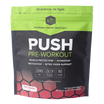

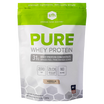
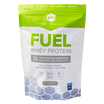

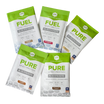
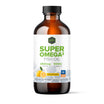
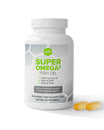
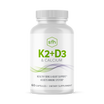
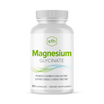
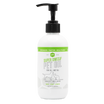
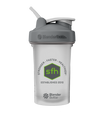



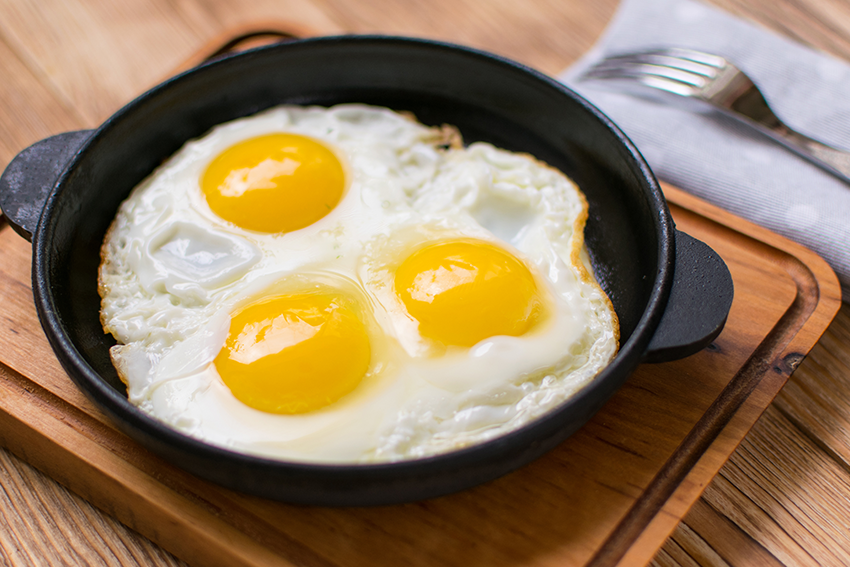
Leave a comment
This site is protected by hCaptcha and the hCaptcha Privacy Policy and Terms of Service apply.